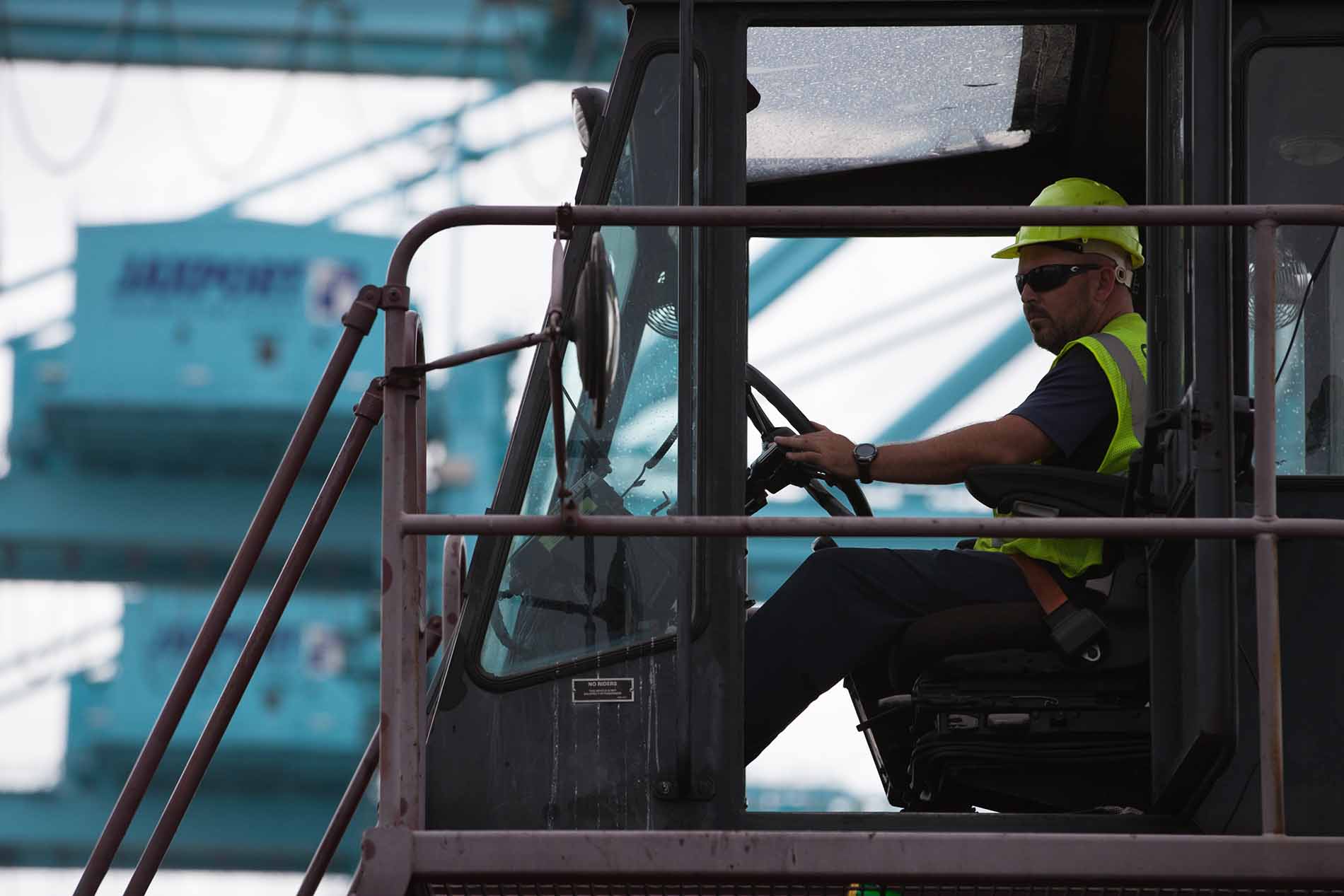On July 9, 2020, Peter DeFazio (D-OR), Chair of the House Committee on Transportation and Infrastructure, and Patrick Maloney (D-NY), Chair of the House Subcommittee on Coast Guard and Maritime Transportation. introduced H.R.7515, The Maritime Transportation System Emergency Relief Act (MTSERA). The bill seeks to provide relief to the U.S. Maritime Transportation Industry in the event of natural disasters or emergencies, such as the COVID-19 pandemic.
The emergency relief grants provided by MTSERA will reimburse emergency-related expenses for eligible entities at 100%. The operating costs eligible for reimbursement are costs relating to:
- emergency response
- cleaning
- sanitization
- janitorial services
- staffing
- workforce retention
- paid leave
- procurement and use of protective health equipment and training for employees and contractors
- debt service payments
- infrastructure repair projects
- other maritime transportation system operations
Eligible entities include U.S. companies engaged in vessel construction, transportation by water, or support activities for transportation by water, as well as construction related to the above-described activities, and maritime education and training.
MTSERA defines emergency as:
“a natural disaster affecting a wide area (such as a flood, hurricane, tidal wave, earthquake, severe storm, or landslide) or a catastrophic failure from any external cause, that impacts the United States maritime transportation system and as a result, the Governor of a State has declared an emergency and the Maritime Administrator, in consultation with the Administrator of the Federal Emergency Management Administration, has concurred in the declaration the President has declared a major disaster under section 401 of the Robert T. Stafford Disaster Relief and Emergency Assistance Act (42 U.S.C. 5170); national emergency declared by the President under the National Emergencies Act (50 U.S.C. 1601 et seq.) is in effect; or a public health emergency declared pursuant to section 319 of the Public Health Service Act (42 U.S.C. 247d) is in effect.”
Eligible entities include U.S. companies engaged in vessel construction, transportation by water, or support activities for transportation by water, as well as construction related to the above-described activities, and maritime education and training.
This legislation is a result of a May 29th Subcommittee hearing, in which the maritime community provided an update to the members about the challenges faced as a result of the pandemic. Lauren Brand, President of The National Association of Waterfront Employers (NAWE) testified in the subcommittee meeting. Regarding the bill, Lauren says “NAWE has been working on a relief package for months. We wanted one that can help you, the privately-owned marine terminal operators, stevedores, and public operating port authorities. Virtually no Federal program helps both public and private entities. This one will.”
As of the publication of this article, the bill has been adopted as an amendment to H.R.6395, the William M. (Mac) Thornberry National Defense Authorization Act for Fiscal Year 2021. The bill passed in the House of Representatives on July 21, 2020 and has moved to the Senate for consideration. However, the President warned of a veto based on Section 2829 regarding the renaming of military installations among other provisions.


